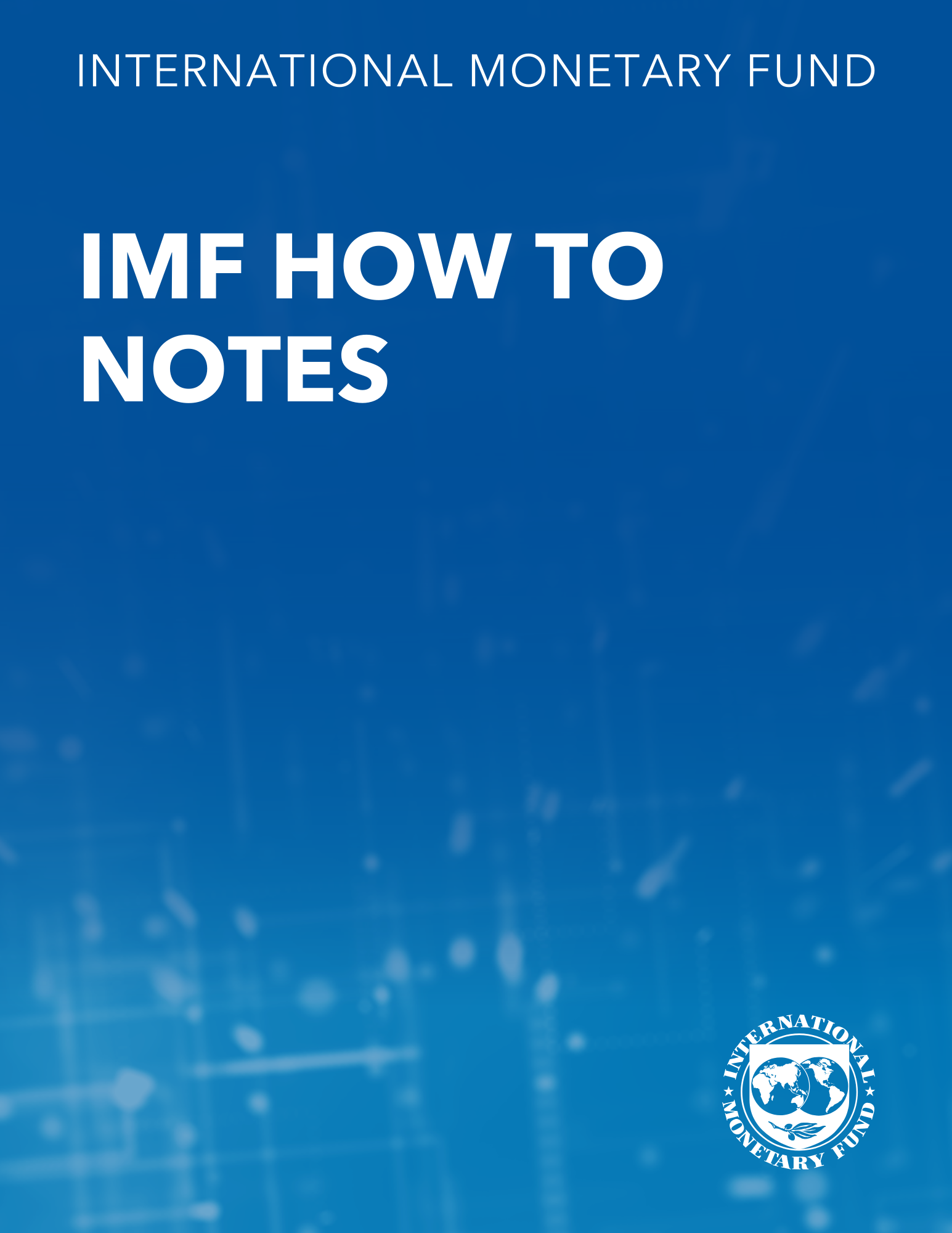Measuring Competitiveness: Trade in Goods or Tasks?
May 8, 2013
Disclaimer: This Working Paper should not be reported as representing the views of the IMF.The views expressed in this Working Paper are those of the author(s) and do not necessarily represent those of the IMF or IMF policy. Working Papers describe research in progress by the author(s) and are published to elicit comments and to further debate
Summary
With global supply chains, any value added or production task can be traded as part of goods. This means that competitiveness can be measured either in terms of “tasks” (Bems and Johnson, 2012), or goods, but with goods prices reflecting the cost of tasks embedded in those goods. We show that when measuring competitiveness in goods, the formula used in computing the real effective exchange rates at the IMF (Bayoumi, Lee, and Jayanthi, 2005) needs to be expressed in terms of the price of value added and needs an additional term, which captures a gain or loss in competitiveness of goods due to outsourcing.
Subject: Competition, Exchange rates, Exports, Financial markets, Foreign exchange, International trade, Production sharing, Real effective exchange rates, Taxes
Keywords: Competition, cost structure, Exchange rates, Exports, GDP deflator, Global, Global Supply Chains, goods competitiveness, price competitiveness, price equation, price of goods, Production sharing, Real Effective Exchange Rate, Real effective exchange rates, REER in Goods, trade weight, WP
Pages:
22
Volume:
2013
DOI:
Issue:
100
Series:
Working Paper No. 2013/100
Stock No:
WPIEA2013100
ISBN:
9781484325803
ISSN:
1018-5941







